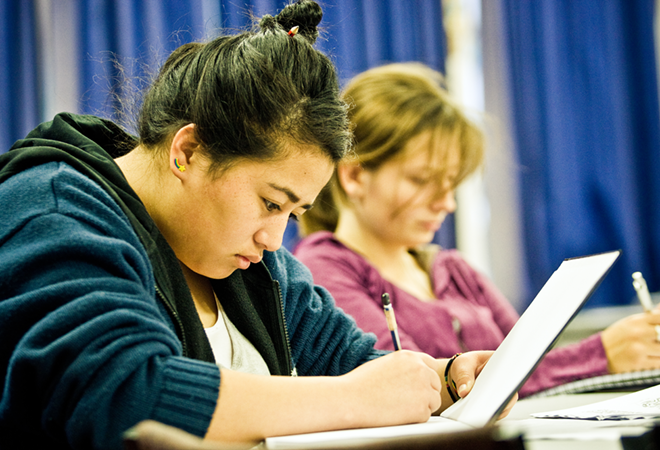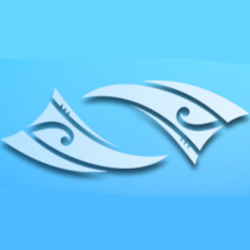
Integrated assessment for Māori youth learners entering tertiary education for the first time
Status
Completed: 14 May 2011
Project Details
A project completed in 2011, undertaken by Matapuna Training Centre, Gisborne, to investigate the use of integrated assessment with Māori youth learners entering tertiary education for the first time.
Aims:
The main aims of the project were to:
- increase retention, completion rates and achievement for Māori youth.
- develop explicit assessment resources
- share the learning gains and resources with other tertiary providers with a high Māori youth profile.
Methodology:
This action research project using a methodology of integrated assessment with Māori youth learners entering tertiary education for the first time. The methodology involved:
- developing resources (matrix, action plans, etc), moderating these and then trialling them with a sample of Māori youth learners
- embedding assessment into activities the learner is engaged in
- teachers/mentors working alongside learners to facilitate the assessment process using the resources developed
- making the most of opportunities for assessment and maximising the people from within the organisation to gather evidence.
Team

Hannah Hohapata
Project Leader
Matapuna Training Centre, GisborneStatus
Funding
$10,000.00 (excl GST)
Key Findings
The key findings from the project included:
- Overall, this project was successful for the Māori youth learners involved in the trials because achievement increased and their cultural identity and values were acknowledged. Students’ fear of assessment decreased significantly when they realised that the learning experiences described above were all activities that provided opportunities to gather evidence of achievement and competence.
- The key short-term objectives of the project have been met; the resources developed have been useful, and responsiveness from learners, mentors and others to the project framework concepts of embedding integrated assessment have been positive and highly supportive. However, a key long-term objective has only been partly met. For example, it has been difficult to affect and influence ‘sustained’ long-term change in teaching and assessment practice regarding integrated assessment.
- The thinking, systems and practice about assessment and moderation have been ‘ingrained’ over many years and the early focus on needing ‘written evidence’ has created barriers to achievement. Small Māori tertiary providers with limited funding, limited resources and staff capability find it very difficult to make a sustained change to alternative methods of assessment. So, they continue to do what is easier such as using workbooks and providing options such as being able to be assessed orally.
- Resistance to change from staff who use the workbook method (it is easier), or who were not involved in the project, combined with other internal issues, e.g. changes of staff, has meant that it has been quite difficult implementing change in a sustainable way, even for a small organisation.
Key Recommendations
he key recommendations from the project included:
Maximising funding opportunities | Tertiary providers should access and maximise funding opportunities to build their internal capability to embed literacy and numeracy and integrated assessment at the same time. For example, funding sources such as Ako Aotearoa, Te Ara Piki Ako, Te Puni Kōkiri, Ministry of Education, Ministry of Social Development, Youth Justice, Ministry of Youth Affairs, ACE funding, or TEC via their Innovation Fund.
Using literacy and numeracy resources | Tertiary providers maximise the use of the Learning Progression resources in literacy and numeracy.
Maximising professional development opportunities | Tertiary providers maximise resources and professional development opportunities from Te Ara Piki Ako (Waikato University) Literacy and Numeracy Centre, maximise the use of webinars and professional development.
Building internal capability and sharing resources | Tertiary providers link with other similar providers of the same qualifications to build their internal capability and share resources.
Achieving long-term sustainability | A strategic approach to integrated assessment will be needed to effect sustained change in attitudes and teaching practice. A whole of organisation approach across policies and procedures, systems and practice, as well as organisational documentation is necessary. Key change messages, professional development and access to capability funding to build internal capability are required for long-term sustainability.
A research report prepared by Hannah Hohapata.
(PBF, 1.57 MB, 30-pages).
- 12 May 2011